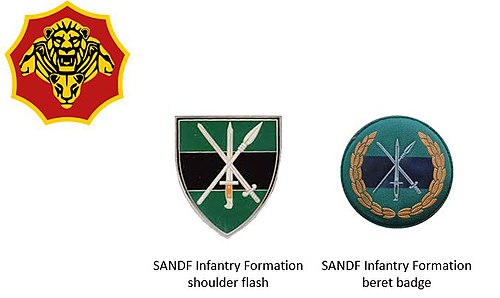
The South West Africa Territorial Force (SWATF) was an auxiliary arm of the South African Defence Force (SADF) and comprised the armed forces of South West Africa from 1977 to 1989. It emerged as a product of South Africa's political control of the territory which was granted to the former as a League of Nations mandate following World War I.

The South African Army Infantry Formation supervises all infantry within the South African Army.
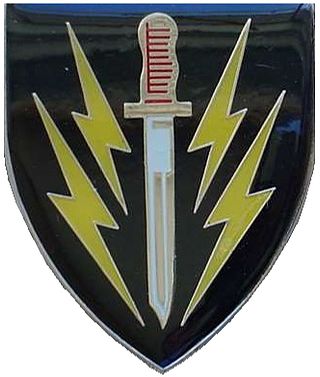
61 Mechanised Battalion Group was a unit of the South African Infantry Corps; although it was classed as mechanized infantry, it was a combined arms force consisting of infantry, armour and artillery.
Operation Protea was a military operation during the South African Border War and Angolan Civil War in which South African Defence Forces (SADF) destroyed a number of South West Africa People's Organisation (SWAPO) bases in Angola. During the operation, which took place from 23 August to 4 September 1981, up to 5,000 SADF soldiers occupied Cunene province, Angola.
Operation Askari was a military operation during 1983 in Angola by the South African Defence Force (SADF) during the South African Border War.
Operation Alpha Centauri was a South African military operation during the Angolan Civil War and South African Border War to halt an offensive launched by the People's Armed Forces of Liberation of Angola (FAPLA) towards Angola's Cuando Cubango Province. Its objective was to prevent FAPLA forces from reaching Jamba, a strategic town which functioned as the de facto headquarters of the National Union for the Total Independence of Angola (UNITA) and its armed wing.
Operation Moduler was a military operation by the South African Defence Force (SADF) during the South African Border War. It formed part of what has come to be called the Battle of Cuito Cuanavale. The Angolan objective was to advance south-east to attack the UNITA at Mavinga. The SADF objective was to protect UNITA by stopping that advance. The advance was halted with heavy Angolan casualties. The South African forces and its UNITA allies then began offensive operations against the Angolan forces, who had retreated back to a defensive line east of the Cuito River with the objective of destroying them once and for all.
Operation Prone was a proposed military operation by the South African Defence Force (SADF) and South West African Territorial Force (SWATF) during the South African Border War and Angolan Civil War between May and September 1988. With the advance of the 50th Cuban Division towards Calueque and the South-West Africa border, the SADF formed the 10 SA Division to counter this threat. The plan for Operation Prone had two phases. Operation Linger was to be a counterinsurgency phase and Operation Pact a conventional phase.
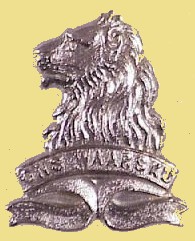
The General de la Rey Regiment is an reserve infantry regiment of the South African Army.

1 South African Infantry Battalion is a mechanized infantry unit of the South African Army.
Operation Excite/Hilti was a set of military operations by the South African Defence Force (SADF) during the Angolan Civil War and South African Border War.
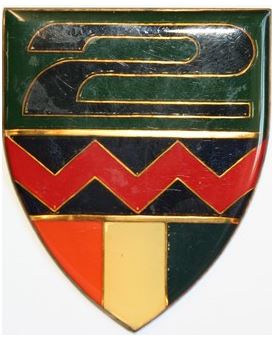
2 South African Infantry Battalion is a motorised infantry unit of the South African Army.

4 South African Infantry Battalion is a motorised infantry unit of the South African Army.

5 South African Infantry Battalion is a motorised infantry unit of the South African Army.

8 South African Infantry Battalion is a mechanized infantry unit of the South African Army. The battalion is equipped with Ratel Infantry Fighting Vehicles (IFV) used for fast transport and combat mobility across rough ground. Support weapons for mechanized infantry are also provided with motorized transport, or are built directly into these IFVs, in order to keep pace with the IFVs in combat. The battalion was raised at Upington in the Northern Cape in 1973 as part of the South African Infantry Corps, and since the change in structure, has been assigned to the Infantry Formation.

The King Shaka Regiment is a reserve motorised infantry battalion of the South African Army.

121 South African Infantry Battalion is a motorised infantry unit of the South African Army.
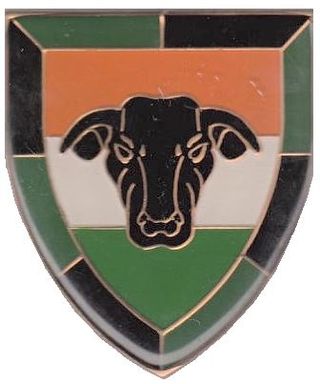
14 South African Infantry Battalion is a motorised infantry unit of the South African Army.
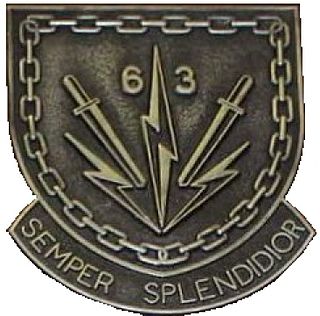
63 Mechanised Battalion Group was a unit of the South African Infantry Corps; although it was classed as mechanized infantry, it was a combined arms force consisting of infantry, armour and artillery. Together with 61 Mechanised Battalion Group and 62 Mechanised Battalion Group, these units made up 60 Brigade encompassing battlegroup principles.

South West Africa Command was a command of the South African Army.





